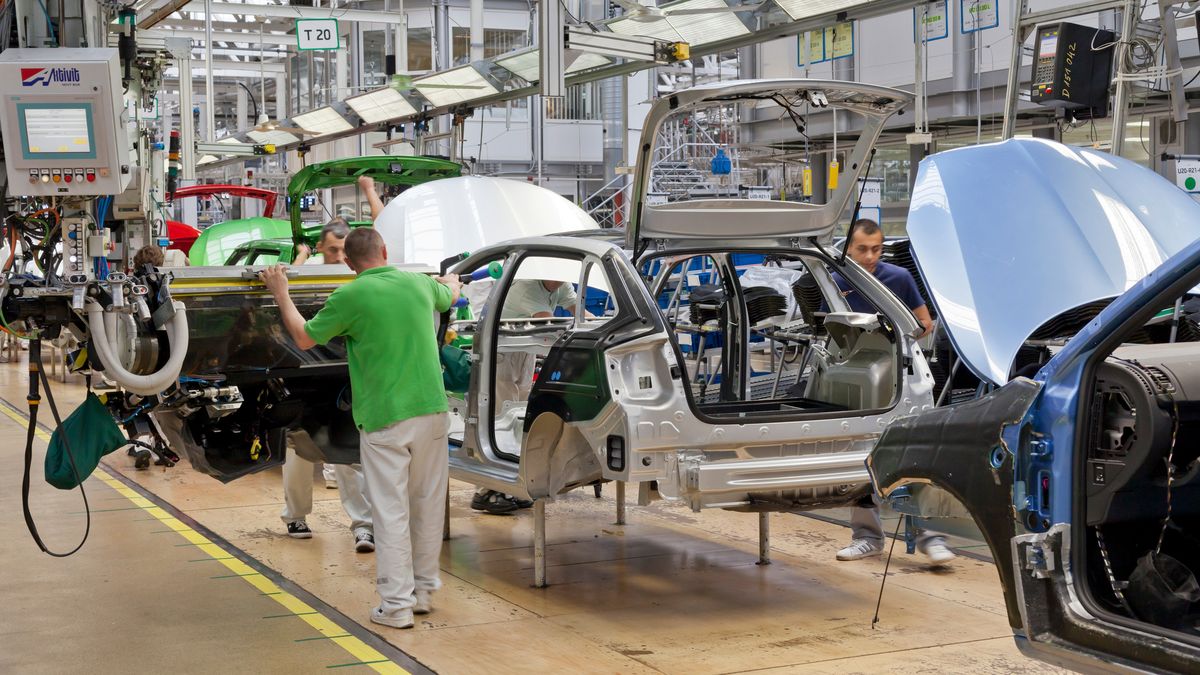Fee for those who work in smart working. The incredible proposal comes from Deutsche Bank, and is causing a lot of discussion across Europe. Luke Templeman, strategist of the German banking institution, described it in the study What we must do to rebuild (transl. What we must do to rebuild). The smart working tax provides for the application of a tax of 5% to all workers who continue to work remotely, allocating money to the “economic victims” of the pandemic, that is, those who have lost or suspended their business or are forced to work in the office.
Smart workers, notes the Deutsche Bank analyst, “are leading a full economic life, yet they are contributing less to the infrastructure of the economy, even if they continue to receive the benefits”.
The idea of the remote labor tax arises from the alleged imbalance between those who cannot access it and those who can. In fact, smart working would offer:
- savings direct on expenses, such as travel, lunch, clothes and cleaning;
- indirect savings, such as expenses incurred in the office;
- intangible benefits, such as the security, convenience and flexibility of working hours.
Smart working, admits Luke Templeman, involves “extra mental stress, especially in terms of children and games”. But the sacrifices and costs “usually pale when compared to earnings obtained“. It is no coincidence that most people “want to continue working without retirement, at least part time, after the pandemic is over”.
The tax, according to the Deutsche Bank study, should be implemented “when smart working will no longer be incentivized by governments themselves”, and excluding “self-employed and low-income workers”, hitting “those who tend to have above-average incomes “.
Luke Templeman explained that the average annual salary for those who work in smart working is 55 thousand dollars, and a tax of 5% would be equivalent to just over 10 dollars per day, “more or less the expense that those who work in the office incur for expenses, such as commuting, lunch and laundry”.
In the United Kingdom, where the “salary is around 35 thousand pounds, the smart working tax would be little more than 7 pounds per day “, and in Germany,” where the average salary for those who work in smart working is 40 thousand euros, the tax would be equivalent to just over 7,50 euro per day.”
This tax could “collect 49 billion euros per year in the USA, 20 billion euros in Germany e 7 billion of pounds in the UK ”, which could“ fund subsidies for lower paid workers who usually cannot work from home ”.
Tax for those in smart working: the response of the trade unions
Deutsche Bank’s proposal did not please the Italian unions. Maximum Masi, secretary general of Uilca, declared that he had learned “with dismay that smart working would be a privilege, to the point that workers would have to pay to use them. The dismay becomes real anger when even a bank makes such a proposal ”.
“I want to explain to the Deutsche Bank group that in Italy there is a Workers’ Statute and there are i labor unions, with which any new guidelines should be discussed and shared. I also remind the group that in Italy remote work is not a bank concession to staff, but a right of bankers, expressly regulated in the renewal of the national credit agreement, signed on 19 December 2019, when the crisis linked to Covid-19 it didn’t exist yet, ”continued the trade unionist.
“In fact, the contract defines an article that governs the agile work in the sector: in addition to inserting common guidelines on smart working for the whole sector, we have obtained, first in Italy and among the first in Europe, the right to disconnect, a fundamental element for guaranteeing the balance between work and personal life ”, continued Massimo Masi.
“They should be the manager of this bank to tax themselves, not the workers who receive a salary of 1,500 or 1,800 euros. We believed that the class struggle or divisions between workers were a cultural legacy of the past years. We recommend the Deutsche Bank instead of the more sinister populism to help more SMEs, artisan businesses, VAT numbers with credit disbursements, rather than creating useless and dangerous pretexts and divisions ”, concluded the secretary.
– .


